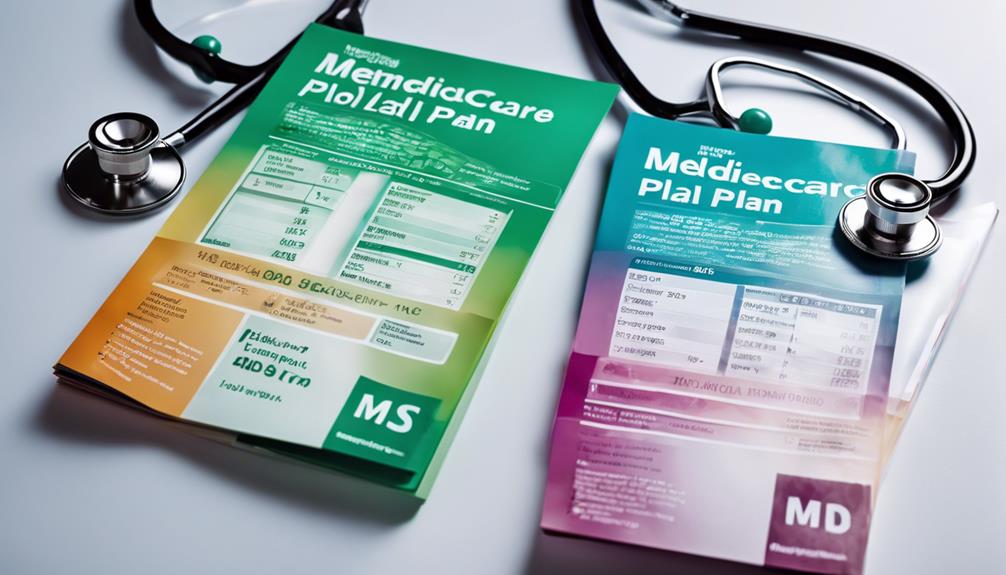Medicaid health insurance is a vital program that provides essential medical coverage to millions of Americans. As one of the largest healthcare programs in the United States, Medicaid plays a significant role in ensuring that low-income individuals and families can access necessary healthcare services. This blog post will delve into the intricacies of Medicaid health insurance, its benefits, eligibility requirements, and how it operates in different states.
What is Medicaid Health Insurance?
Medicaid health insurance is a government-sponsored program that offers medical coverage to eligible low-income individuals and families. Established in 1965 under the Social Security Act, Medicaid is a joint initiative funded by both federal and state governments. Each state administers its own Medicaid program, which means that there can be significant variations in coverage and eligibility criteria from one state to another. The primary goal of Medicaid is to provide access to essential health services, such as hospital care, physician services, nursing home care, and preventive services, ensuring that vulnerable populations receive the medical attention they need.
Who is Eligible for Medicaid Health Insurance?
Eligibility for Medicaid health insurance varies by state but generally includes low-income individuals and families, pregnant women, children, elderly individuals, and people with disabilities. In most states, applicants must meet specific income requirements, which are often determined as a percentage of the federal poverty level (FPL). Additionally, many states expanded their Medicaid programs under the Affordable Care Act (ACA), allowing more low-income adults to qualify for coverage. To determine eligibility, individuals can apply through their state’s Medicaid office or online via the Health Insurance Marketplace.
The Benefits of Medicaid Health Insurance
One of the most significant advantages of Medicaid health insurance is the comprehensive coverage it provides. Medicaid typically covers a wide range of services, including hospital stays, doctor visits, preventive care, mental health services, prescription medications, and long-term care. Furthermore, Medicaid does not impose high out-of-pocket expenses, making healthcare more accessible for low-income individuals and families. This financial protection can be crucial for those facing chronic health conditions or significant medical expenses. Additionally, Medicaid recipients often enjoy access to a network of healthcare providers who accept Medicaid, ensuring they receive the necessary care.
Understanding the Application Process for Medicaid
Applying for Medicaid health insurance can vary depending on the state, but several general steps are involved. First, individuals should gather necessary documents, such as proof of income, household size, and residency. Next, applicants can submit their application online, in person, or by mail, depending on their state’s guidelines. After submitting the application, the state Medicaid office will review it and determine eligibility. If approved, individuals will receive information about their coverage, including what services are included and how to access healthcare providers. It is essential to stay informed about any changes in eligibility or benefits, as these can occur annually or with changes in income or family status.
Common Misconceptions About Medicaid Health Insurance
Despite its critical role in providing healthcare access, several misconceptions about Medicaid health insurance persist. One common myth is that Medicaid is only for people who are unemployed or on welfare. In reality, Medicaid covers a diverse range of individuals, including working families, children, and those with disabilities. Another misconception is that Medicaid provides inferior healthcare compared to private insurance. In fact, many healthcare providers accept Medicaid, and studies have shown that Medicaid recipients often receive comparable quality of care. Understanding these misconceptions can help individuals navigate the Medicaid system more effectively and reduce stigma around the program.
Medicaid vs. Medicare: Understanding the Differences
Many people often confuse Medicaid with Medicare, but they are two distinct programs designed for different populations. Medicaid health insurance primarily serves low-income individuals and families, while Medicare is a federal program that provides health coverage to individuals aged 65 and older, as well as some younger individuals with disabilities. While both programs aim to improve access to healthcare, the eligibility criteria, benefits, and funding sources differ significantly. It is essential for individuals to understand their options and determine which program aligns with their healthcare needs and financial situation.
How Medicaid Health Insurance Supports Preventive Care
Preventive care is a crucial component of Medicaid health insurance, as it focuses on preventing health issues before they become severe. Medicaid covers a range of preventive services, including vaccinations, annual check-ups, screenings for chronic diseases, and mental health assessments. By providing access to these essential services, Medicaid not only improves individual health outcomes but also reduces overall healthcare costs by minimizing the need for emergency care and hospitalizations. Encouraging beneficiaries to utilize preventive care helps ensure that they maintain their health and well-being, ultimately benefiting their families and communities.
The Future of Medicaid Health Insurance
The future of Medicaid health insurance is influenced by various factors, including political, economic, and social changes. As healthcare policies continue to evolve, it is crucial for beneficiaries and advocates to stay informed about potential reforms and expansions to the program. Ongoing discussions about healthcare accessibility, funding, and eligibility will shape the landscape of Medicaid in the coming years. Additionally, as the population ages and healthcare needs increase, Medicaid will likely play an even more critical role in providing necessary services to vulnerable populations. Awareness and advocacy for Medicaid health insurance will remain essential in ensuring that this vital program continues to serve those in need.
In conclusion, Medicaid health insurance is a fundamental program that provides essential healthcare coverage to millions of Americans. Understanding its benefits, eligibility criteria, and the application process can help individuals and families access the care they need. By dispelling misconceptions and promoting preventive care, Medicaid plays a crucial role in improving health outcomes for low-income populations. As we look to the future, it is vital to advocate for the continued support and expansion of Medicaid to ensure that it remains a lifeline for those who rely on it for their healthcare needs.Highmark Medicaid
